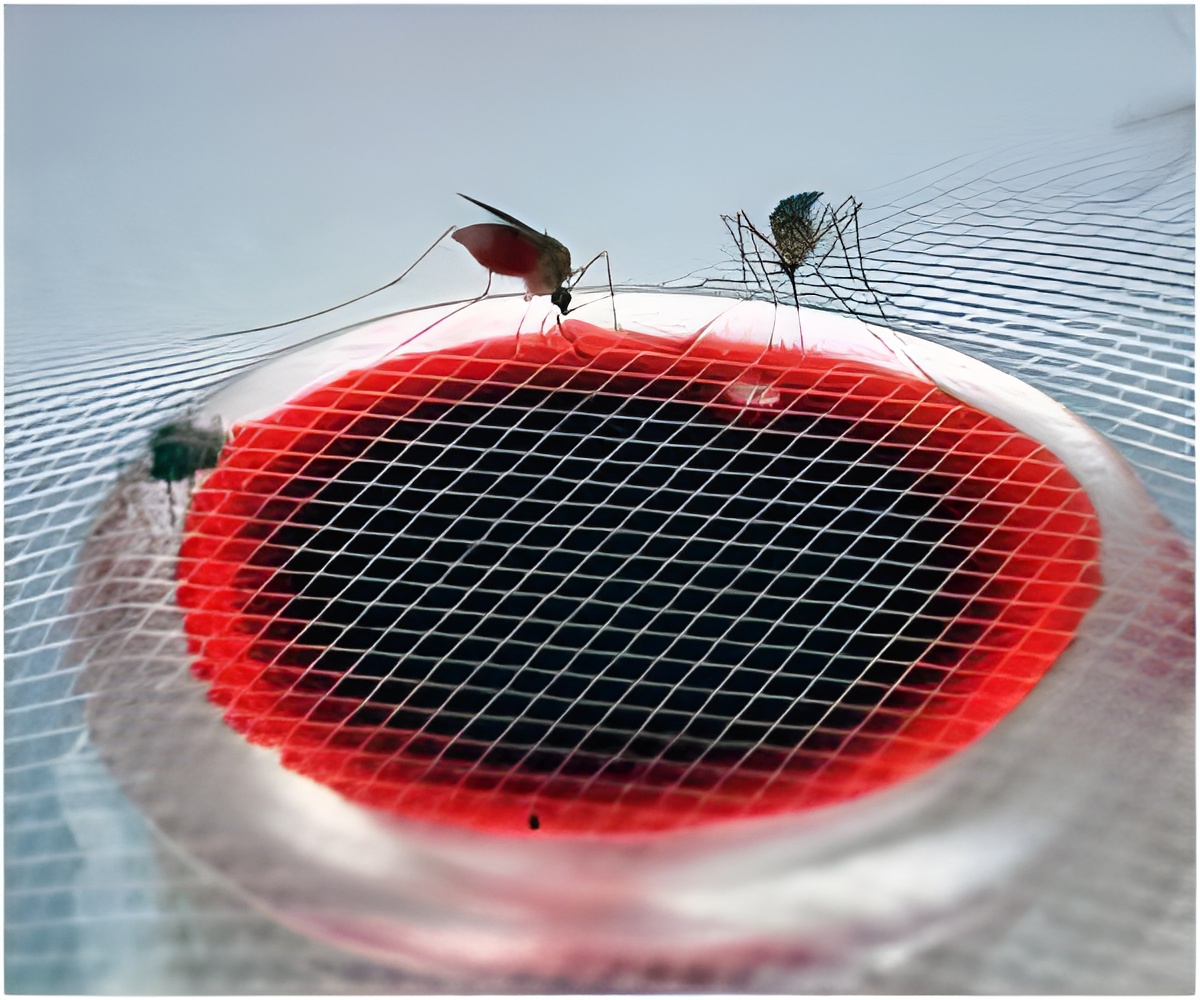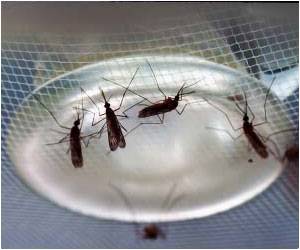A key protein identified by University of Edinburgh researchers acts as a target for treatments to block the progress of malaria disease.

The protein has sticky properties that enable it to bind to red blood cells and form dangerous clumps that can block blood vessels. These clumps, or rosettes, can cause severe illness, including coma and brain damage.
Presently, between 10 and 20 per cent of people with severe malaria die from it, and the disease, which is spread by blood-sucking mosquitoes, claims about one million lives per year.
Malaria parasites, once in the bloodstream, are able to alter the protein molecules on their surfaces to evade attack by the immune system. These surface proteins are usually poor targets for treatments or vaccines because they are highly variable between different malaria parasite strains.
Now, researchers have found that the surface proteins of rosette-forming parasites share similarities that may allow them to act as a target for treatments to block progress of the disease.
The scientists worked with collaborators from Cameroon, Mali, Kenya and The Gambia to test their antibodies against parasites collected from patients.
Advertisement
The finding has been published in PLoS Pathogens.
Advertisement













